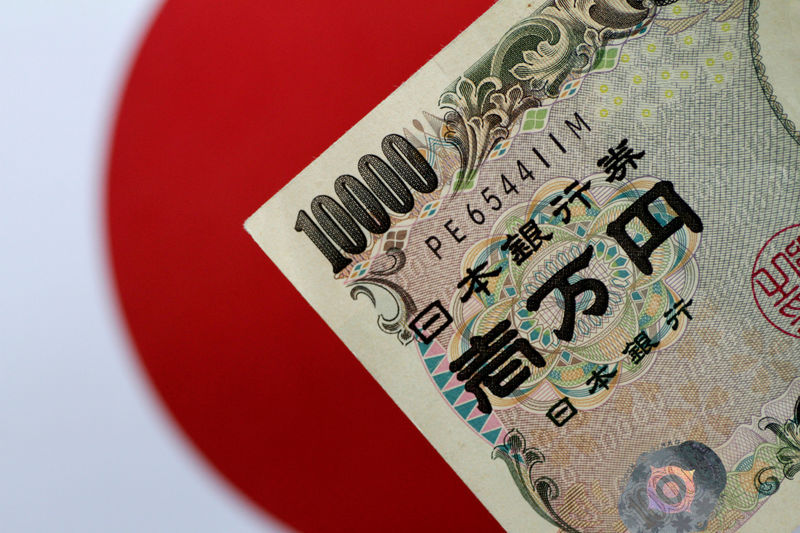Asian Markets Face Uncertainty Amid Global Pressures
Investors in Asia are approaching Tuesday's trading session with caution amid a mix of local and international factors affecting the markets. Japan continues to grapple with political instability that is impacting its markets following the inconclusive general election held on Sunday. In China, the People's Bank of China (PBOC) has taken further steps to boost liquidity in the financial system.
Globally, investors are facing a mixed environment. On one hand, there is optimism due to the expected earnings reports from major U.S. tech companies this week and a significant 6% drop in oil prices on Monday. On the other hand, the continuous rise in U.S. Treasury yields and the upcoming U.S. elections present reasons for investors to remain vigilant.
U.S. Treasury yields are steadily rising, with the 10-year yield reaching 4.30% on Monday. This marks a 64 basis point increase since the Federal Reserve's interest rate cut on September 18. According to Jim Bianco of Bianco Research, this is the largest increase following a cut since 1989. Despite this, Wall Street experienced gains on Monday, which may create a positive atmosphere for Asian investors.
On Tuesday, Asia's agenda includes the release of unemployment data from Japan and Singapore, as well as the minutes from the Bank of Korea's policy meeting, which resulted in the first rate cut in over four years earlier this month. Additionally, Thailand's finance minister and central bank governor will discuss the inflation target for the coming year.
In Japan, expectations for the Bank of Japan's meeting on Thursday suggest no changes, with a very gradual tightening cycle anticipated. This is occurring against the backdrop of a more hawkish Federal Reserve, which may limit the potential for the yen to appreciate.
U.S. interest rate traders have lowered their expectations for the Federal Reserve, now pricing in a mere 120 basis points of easing by the end of next year. This represents a 15 basis point drop in recent days. This situation has contributed to the strong performance of the dollar, which is having its best month since April 2022.
Meanwhile, Chinese officials hope investors will respond positively to a new lending tool aimed at injecting liquidity into the market ahead of approximately 3 trillion yuan, or $406 billion, worth of loans maturing at the end of the year from the PBOC.
Key developments on Tuesday that could influence market directions include Japan's unemployment data for September, the minutes from the Bank of Korea's meeting, and discussions between Thailand's finance minister and central bank governor.


